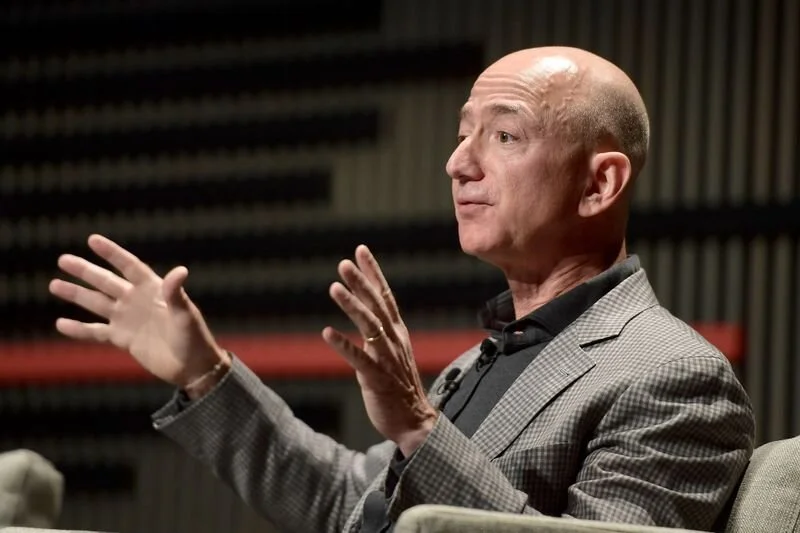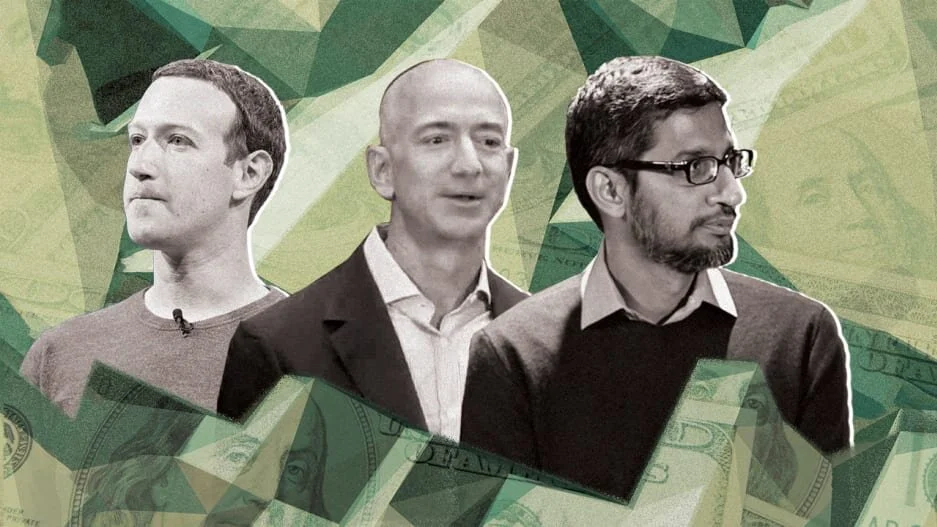In Claire Kelloway’s article “How to Close the Democrats’ Rural Gap” in the January/February issue of The Washington Monthly, she argues that antitrust needs to be part of this solution. She writes, “the biggest cause of growing regional inequality isn’t technology; it’s changes in public policy, embraced by both parties, that have enabled predatory monopolies to strip wealth away from farmers and rural communities and transfer it to America’s snazziest zip codes.”
Read MoreA century ago, reformers gave the Federal Trade Commission extraordinary powers to take on abusive corporations. It’s time to wake the agency up.
A city that thrives on the energy of its neighborhood merchants should not offer incentives and giveaways to an internet giant known for squashing small businesses.
Read MoreEven Tucker Carlson and Goldman Sachs are talking about the pernicious impact of monopolies in the U.S.
Read MoreFundamentally rebuilding our democracy means engineering our corporations and markets to enable the freedom of the producer from the domination by the monopolist or financier.
Read MoreIn this post, we will explain why licensing’s mix of consumer protection and labor market stabilization is a legitimate policy option for a wide range of occupations.
Read MoreIn this post, we cover the basics of licensing, and then reframe current attacks on it.
Read MoreAt the root of rural America’s angst are small towns whose economies have been taken over by a handful of predatory multinationals.
Read MoreMatthew Buck , reporter-researcher for the Open Markets Institute, writes in The Washington Monthly about the monopolization of America’s railroads.
Read MoreSince the 1970s, the US has seen a growing power imbalance between workers and employers. This story was not inevitable, but the product of conscious legal and political choices.
Read MoreThe government tamed AT&T into behaving like a utility. It’s time to stop letting Facebook run wild.
Read MoreFor the last year, public officials across America and Canada have held an embarrassing beauty contest to entice Amazon to place its so-called “second headquarters” in their region.
Read MoreIn The New York Times, Open Markets board member Zephyr Teachout writes that a city that thrives on the energy of its neighborhood merchants should not offer incentives and giveaways to an internet giant known for squashing small businesses.
Read MoreOpen Markets Food & Power reporter Claire Kelloway covers the story of a lawsuit by seven corporate agriculture interest groups against the Minnesota Pollution Control Agency (MPCA) to halt the extension of a public comment period on a proposed mega-dairy expansion in Winona County, Minnesota. The suit highlights broader efforts by agribusiness to silence opposition from rural residents who speak out against large concentrated animal feeding operations in their communities. Her story from Food & Power, re-published on The Fern, is available here.
Read MoreOpen Markets Food & Power reporter Claire Kelloway published a story on Civil Eats about how the Trump administration cleared the way for chicken plants to increase their processing line speeds from 140 birds per minute to 175 birds per minute. The change deals a blow to workers and reverses the efforts of labor and animal welfare advocates, who fought to halt poultry line speed increases in 2014.
Read MoreHow America’s anti-monopoly laws got turned against the little guy.
Read MoreThis week’s FTC hearings on the growing power of companies like Amazon, Facebook, and Google only included economists who have taken money, directly and indirectly, from giant corporations that have a stake in the debate.
Read MoreLaissez-faire economics has left firms bending the knee to Beijing.
Read More
















